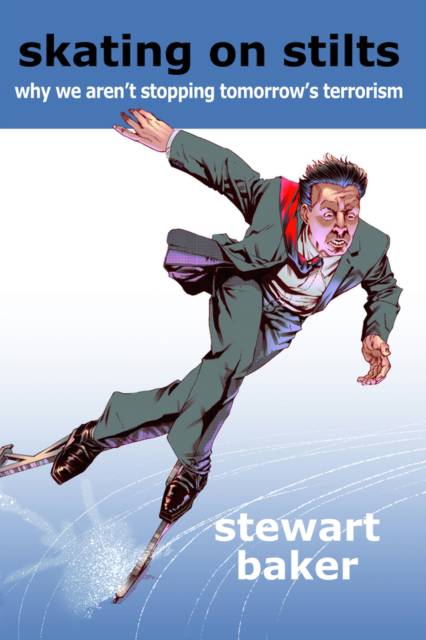
- Afhalen na 1 uur in een winkel met voorraad
- Gratis thuislevering in België vanaf € 30
- Ruim aanbod met 7 miljoen producten
- Afhalen na 1 uur in een winkel met voorraad
- Gratis thuislevering in België vanaf € 30
- Ruim aanbod met 7 miljoen producten
Prijzen
Omschrijving
Stewart A. Baker examines the technologies we love-jet travel, computer networks, and biotech-and finds that they are likely to empower new forms of terrorism unless we change our current course a few degrees and overcome resistance to change from business, foreign governments, and privacy advocates. He draws on his Homeland Security experience to show how that was done in the case of jet travel and border security but concludes that heading off disasters in computer networks and biotech will require a hardheaded recognition that privacy must sometimes yield to security, especially as technology changes the risks to both.
In a lively memoir, the author tells how he overcame the European Union's privacy campaign against U.S. security measures in the wake of 9/11 and built a new border security strategy based on better information about travelers. He explains how that approach would deal with air security risks such as Umar Abdulmutallab (the "Christmas Day Bomber"). He admits to failures as well, showing how the privacy and business lobbies that guard the status quo were able to defeat attempts at increased Internet security and stronger regulation of biotechnology. Instead of fighting all technologies that strengthen government, he concludes, privacy campaigners must look for ways to protect privacy by working with technology, not against it.
Specificaties
Betrokkenen
- Auteur(s):
- Uitgeverij:
Inhoud
- Aantal bladzijden:
- 360
- Taal:
- Engels
- Reeks:
Eigenschappen
- Productcode (EAN):
- 9780817911546
- Verschijningsdatum:
- 15/06/2010
- Uitvoering:
- Hardcover
- Formaat:
- Genaaid
- Afmetingen:
- 157 mm x 229 mm
- Gewicht:
- 771 g

Alleen bij Standaard Boekhandel
Beoordelingen
We publiceren alleen reviews die voldoen aan de voorwaarden voor reviews. Bekijk onze voorwaarden voor reviews.













